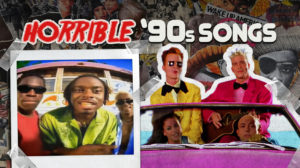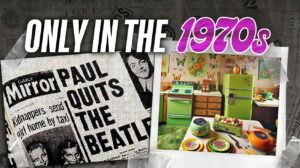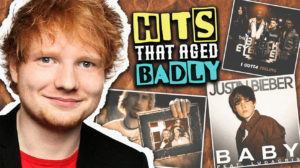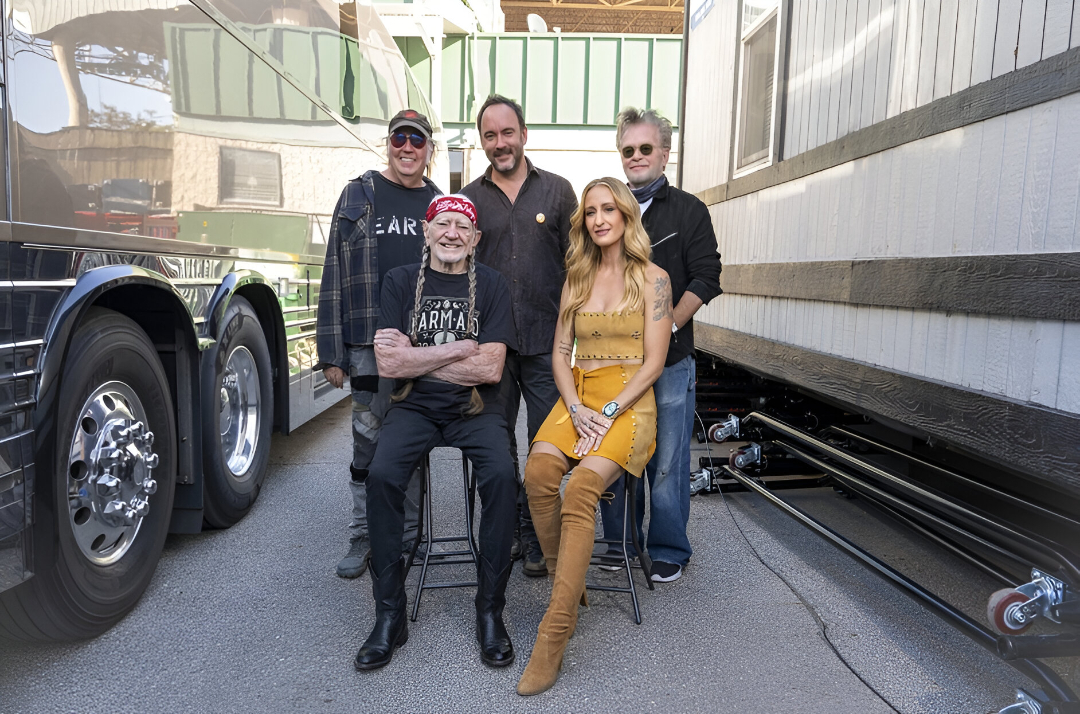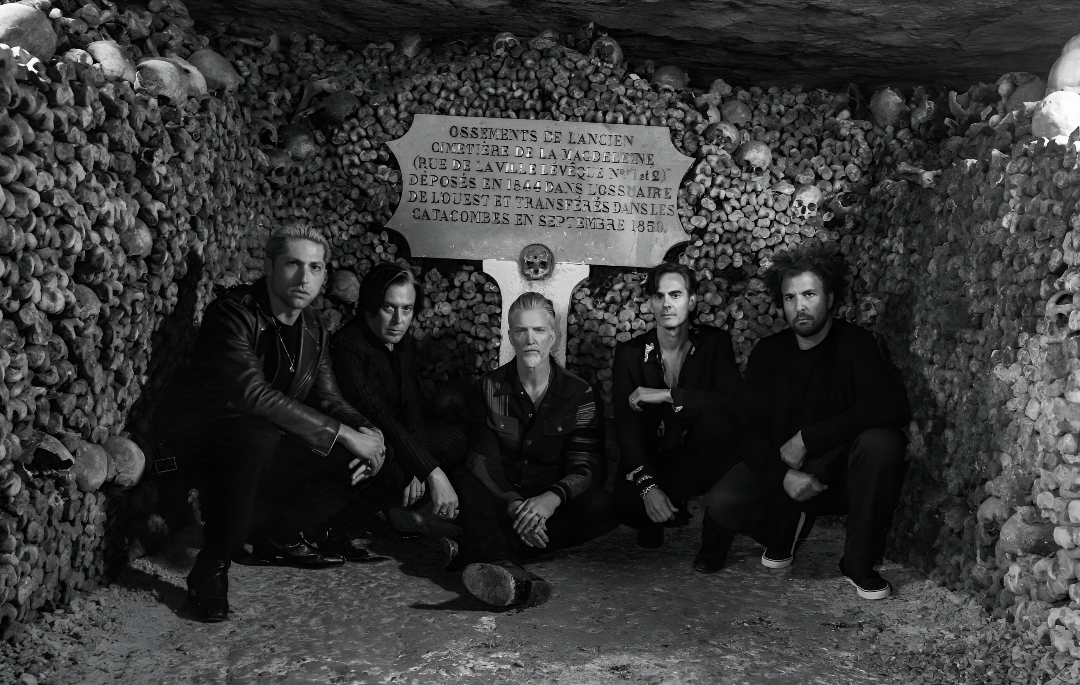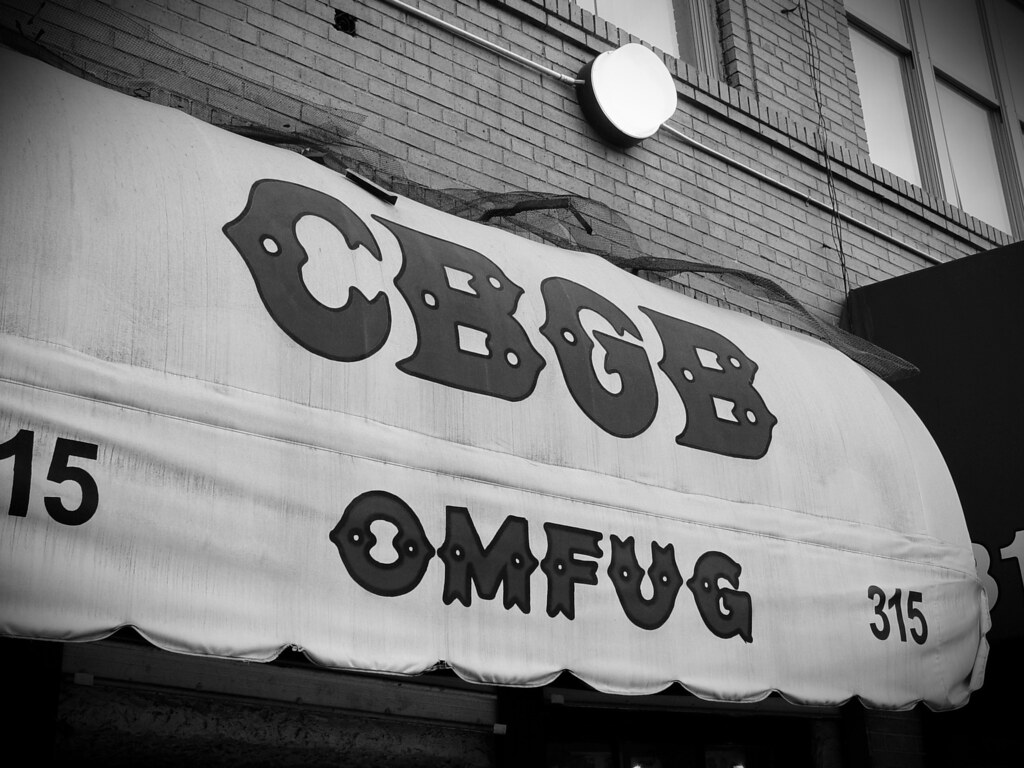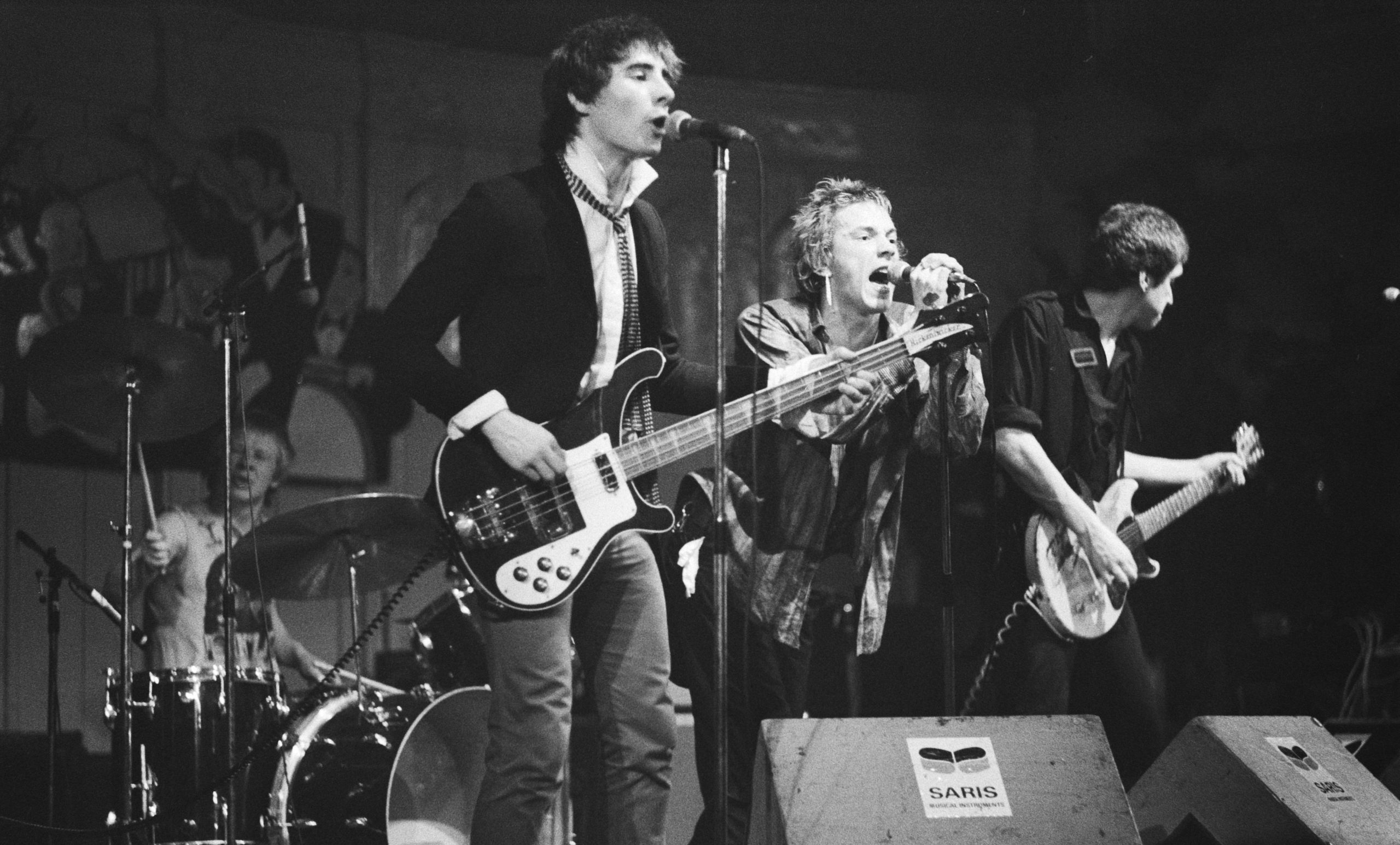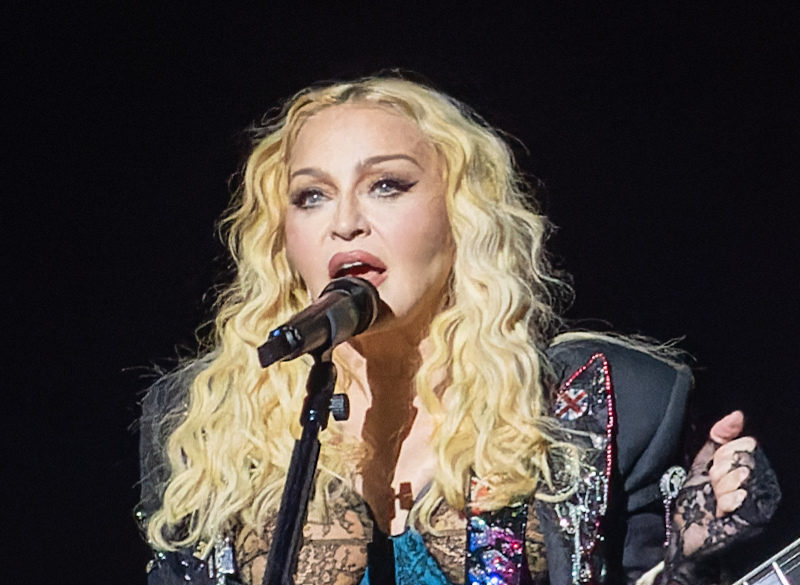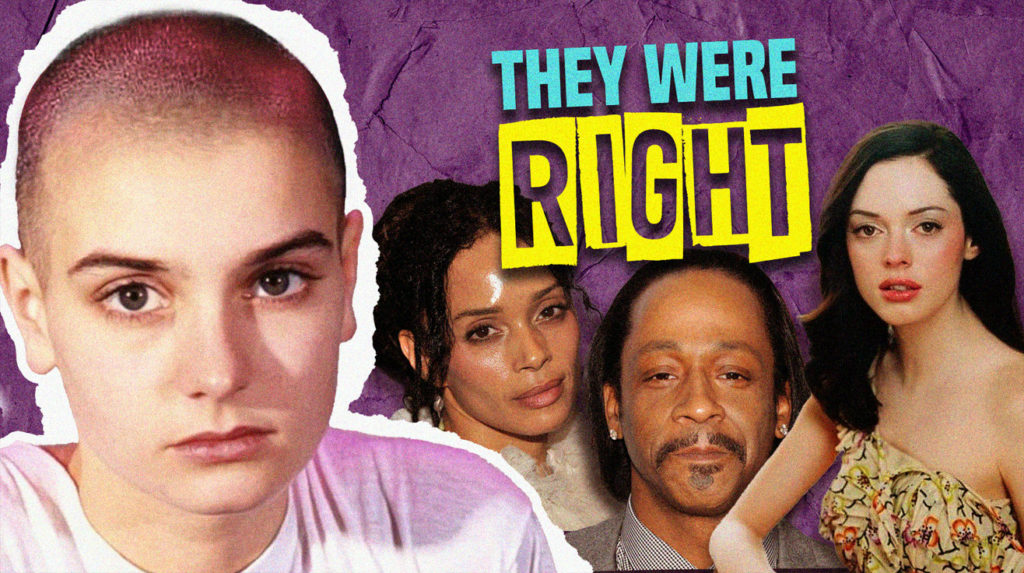
Ever notice how society treats its truth-tellers? First comes the eye-rolling. Then the character assassination. Finally—years later—the reluctant admission they were right all along. It’s the same playbook whether you’re challenging a religious organization or kneeling during the national anthem. The establishment’s immune response to uncomfortable truths operates with the ruthless efficiency of a well-oiled machine (one that would make the antagonists in “The Matrix” proud).
This isn’t another fluffy listicle about misunderstood celebs. It’s a documented pattern of institutional power crushing individuals who dare to speak truth before the cultural tipping point arrives. What separates these ten figures from garden-variety controversies is the receipts—the hard evidence that eventually surfaced to confirm what they’d been saying all along.
10. Sinead O’Connor

O’Connor’s 1992 SNL appearance, where she tore up a photo of Pope John Paul II while saying “Fight the real enemy,” stands as one of television’s most controversial moments. The backlash hit her career like a category five hurricane. Radio stations banned her music. Public figures condemned her actions. Her concert bookings vanished overnight.
Ten years later, the Boston Globe’s Spotlight team published their groundbreaking 2002 investigation revealing systematic cover-ups of clerical abuse within the Catholic Church—exactly what O’Connor had been protesting. As investigations uncovered the staggering extent of abuse and institutional protection of perpetrators worldwide, her act transformed in public perception from career suicide to prophetic moral courage. Her willingness to sacrifice commercial success to highlight institutional abuse looks increasingly like the plot of “Dark Waters”—one person risking everything to challenge a powerful institution protecting itself at the expense of the vulnerable.
9. Leah Remini
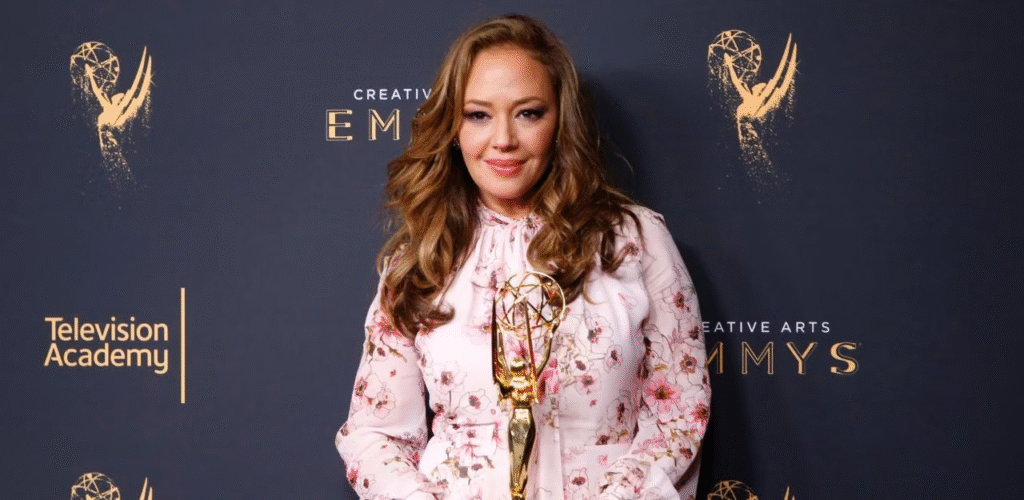
The acting credits on Remini’s resume pale in comparison to her most challenging role: escaping and then exposing Scientology after being raised inside the organization since childhood. Her 2013 departure wasn’t just another celebrity faith-hopping exercise—it was the opening salvo in a documented campaign to expose alleged abuses within one of the most legally aggressive organizations in America .
Her Emmy-winning documentary series “Scientology and the Aftermath” transformed from Hollywood gossip to serious investigative journalism as former members corroborated claims of financial exploitation, abuse, and the mysterious disappearance of Shelly Miscavige. As of 2024, Remini remains locked in legal battles with the Church, which has cycled through four different judges in apparent attempts to derail her lawsuit alleging harassment and defamation. The organization that once demanded her silence now faces the consequences of what happens when you try to muzzle someone with nothing left to lose. If you enjoy reading about scandals, then you might find those in the music industry pretty interesting.
8. Jose Canseco
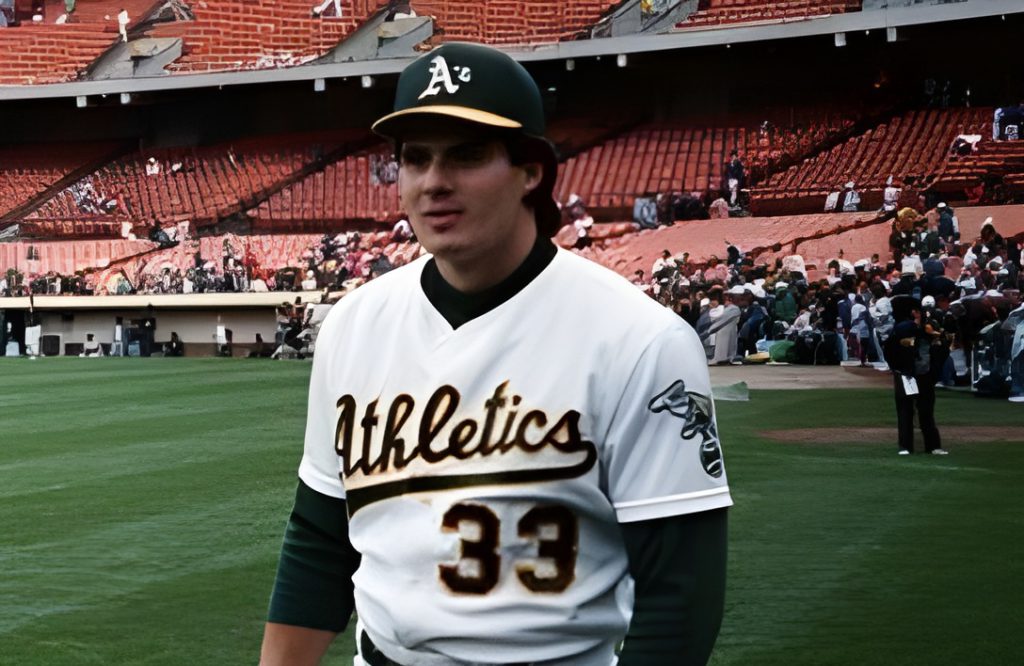
When Canseco published “Juice” in 2005, baseball writers and fans treated him about as warmly as a skunk at a garden party. His explosive allegations about widespread steroid use in Major League Baseball—including naming specific players like Mark McGwire—earned him pariah status faster than you can say “performance-enhancing drugs.” The baseball establishment closed ranks, portraying him as bitter, untrustworthy, and desperate for attention.
The congressional hearings that followed did more than validate Canseco’s claims—they rewrote baseball history. Records were asterisked, Hall of Fame ballots became moral referendums, and MLB implemented the most comprehensive drug testing protocol in major American sports. Canseco, the messenger they tried to shoot, had been telling the uncomfortable truth all along. The sacred home run records that fans had celebrated like religious experiences turned out to be pharmaceutical achievements worthy of a lab coat rather than a jersey.
7. Ernest Hemingway

When Hemingway developed increasing paranoia in the 1950s, convinced the FBI was monitoring him, even his closest friends and family attributed it to mental illness and alcoholism. His claims about government surveillance led to psychiatric hospitalization and electroshock therapy treatments for supposed delusions. After his 1961 suicide, biographers largely portrayed his paranoia as a tragic manifestation of deteriorating mental health.
Decades later, declassified FBI files revealed the uncomfortable truth: J. Edgar Hoover’s FBI had indeed been extensively surveilling Hemingway as part of broader investigations into Americans with international connections. The literary giant who thought the government was watching him wasn’t paranoid after all—he was under actual surveillance. It’s a scenario straight from “The Conversation,” where the fear of being watched turns out to be entirely rational. This posthumous vindication forces a complete reassessment of both his mental health decline and the external pressures that contributed to his tragic end.
6. Drake Bell
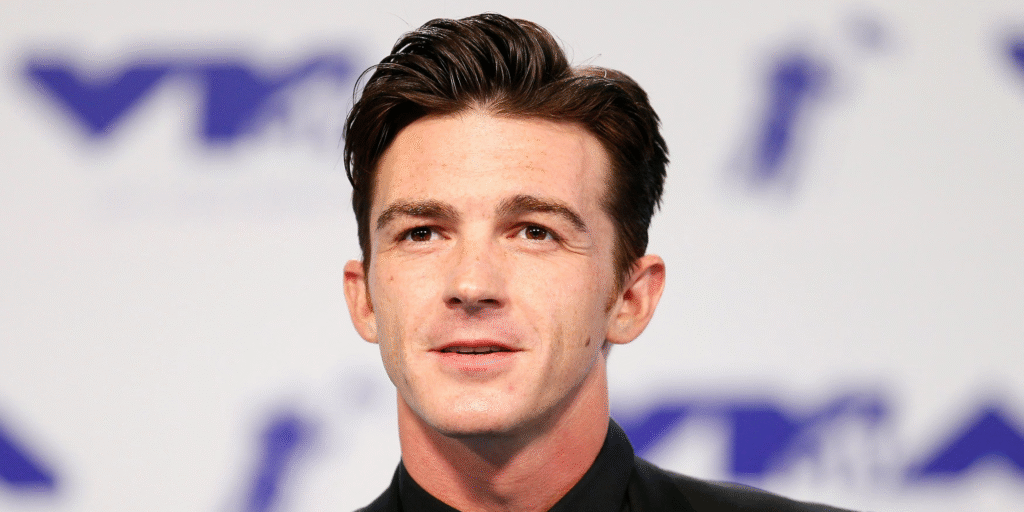
Bell’s accusations against Nickelodeon dialogue coach Brian Peck landed in Hollywood like a party invitation nobody wanted to RSVP to. The entertainment industry that markets childhood innocence to the masses seemed strangely disinterested in protecting the actual children creating that content. Bell’s allegations were met with the special kind of institutional silence reserved for truths that threaten the bottom line.
Years later, when evidence of Peck’s predatory behavior became impossible to ignore, leading to criminal charges and conviction, Bell’s vindication arrived too late to undo the damage done. His case stands as a testament to how industries protecting billion-dollar brands will sacrifice individual safety for collective reputation—a dynamic straight out of “Spotlight” but with kids’ entertainment instead of the Catholic Church. The case opened critical conversations about child actor protection, but only after the system had already failed the very people it claimed to nurture.
5. Katt Williams
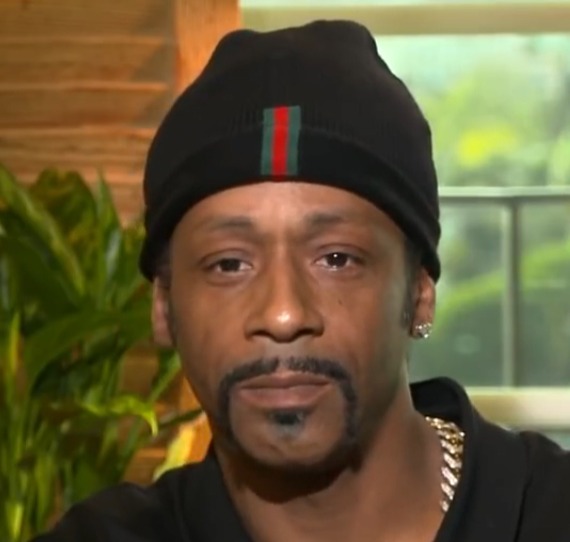
When Williams dropped bombshell accusations about entertainment industry power dynamics on Shannon Sharpe’s podcast in early 2024, social media lit up like Times Square on New Year’s Eve. His specific references to parties hosted by Sean “Diddy” Combs raised eyebrows across the industry. Most dismissed Williams as a comedian seeking attention through outrageous claims—standard operating procedure for discrediting whistleblowers.
Then came the federal raids on Combs’ properties. The allegations. The lawsuits. Suddenly, Williams’ comments looked less like celebrity gossip and more like someone pulling back the curtain on open secrets the entertainment press had studiously avoided. The comedy circuit—where truth often hides in plain sight under the protective cover of jokes—proved once again to be more journalistically reliable than actual journalism. Williams risked professional relationships and bookings to say what others wouldn’t, demonstrating that sometimes the court jester is the only one brave enough to tell the king uncomfortable truths.
4. Rose McGowan

Long before #MeToo entered the cultural lexicon, Rose McGowan stood nearly alone against Hollywood kingmaker Harvey Weinstein. Her outspoken criticism of the powerful producer came at enormous professional cost—industry blacklisting, character assassination campaigns, and legal intimidation tactics that would make a mob boss blush. The entertainment press largely painted her as unstable and attention-seeking rather than investigating her claims.
The dam finally broke in 2017 when dozens of women came forward with similar accounts of Weinstein’s predatory behavior. The subsequent investigations led to Weinstein’s conviction and imprisonment, fundamentally altering Hollywood’s power dynamics. McGowan’s early whistleblowing didn’t just help take down one predator—it sparked a global reckoning with workplace sexual misconduct that extended far beyond entertainment. Her experience resembles nothing so much as the plot of “The Insider”—one person standing against an industry willing to destroy individuals to protect its collective reputation.
3. Corey Feldman
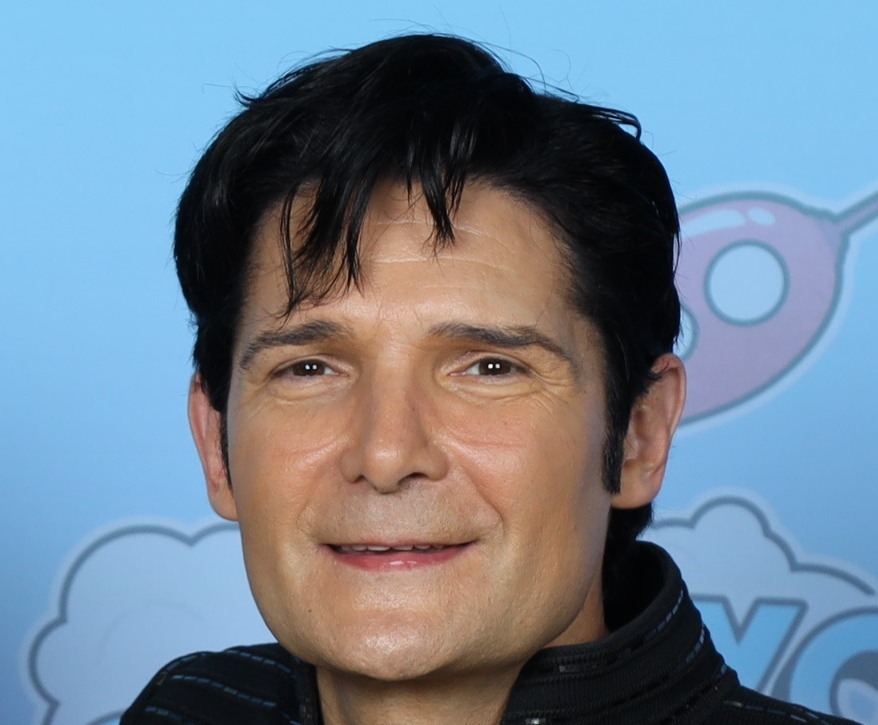
For decades, Feldman sounded alarms about alleged predators targeting child actors in Hollywood—warnings met with eye-rolling at best and active silencing at worst. His consistent references to troubling experiences faced by both himself and his late friend Corey Haim suggested a network of abusers with access to child performers. Industry insiders dismissed him as damaged, drug-addled, or desperate for publicity.
Recent years have seen numerous powerful industry figures exposed for sexual misconduct, lending credibility to Feldman’s long-standing claims. His documentary “My Truth: The Rape of 2 Coreys” and his advocacy for legislative reforms protecting child performers suddenly don’t seem so outlandish. The entertainment industry that once mocked him now awkwardly acknowledges that maybe—just maybe—expecting children to navigate adult predatory behavior while generating millions for studios deserves more scrutiny than it received. Feldman’s persistence reveals how easily society dismisses uncomfortable truths when they threaten institutions we’d rather not question.
2. Colin Kaepernick
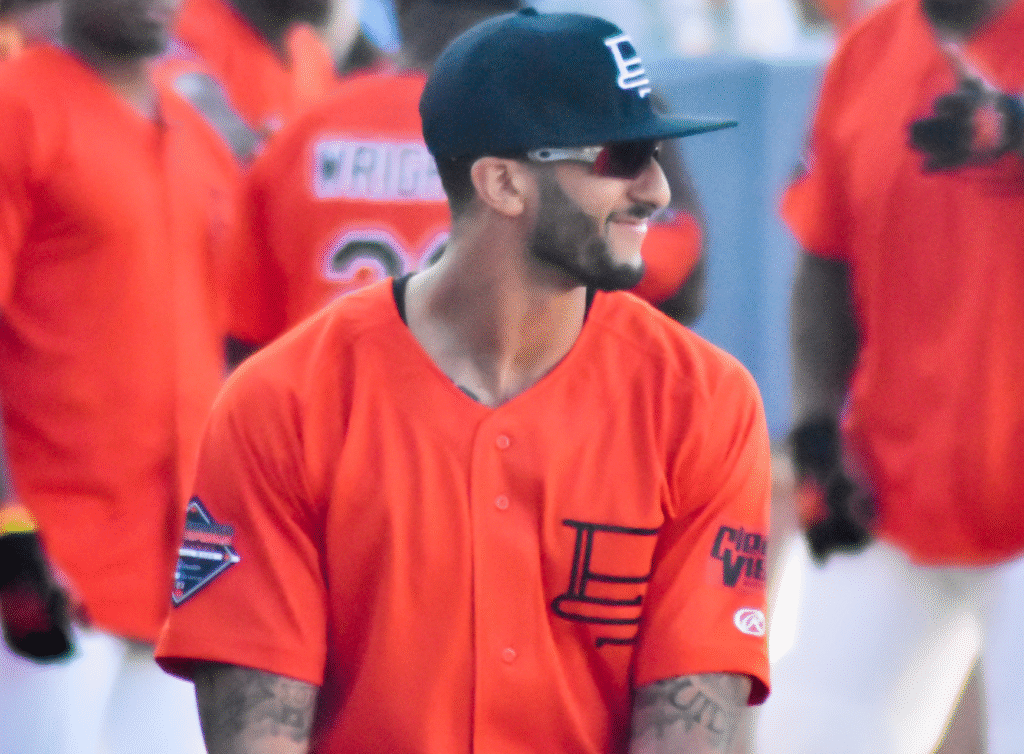
In 2016, NFL quarterback Kaepernick began kneeling during the national anthem to protest racial injustice and police brutality in America. This silent demonstration triggered immediate backlash, effectively ending his professional football career as he remained unsigned after becoming a free agent. Many criticized his actions as unpatriotic or inappropriate.
Following the murder of George Floyd in 2020 and the subsequent global protests against police brutality, Kaepernick’s earlier stance gained widespread recognition as prophetic rather than radical. His peaceful protest method has since been adopted by athletes across sports and around the world. The NFL commissioner later expressed regret for not listening to Kaepernick earlier, and his advocacy work through the Know Your Rights Camp continues to advance social justice initiatives for young people.
1. Lisa Bonet
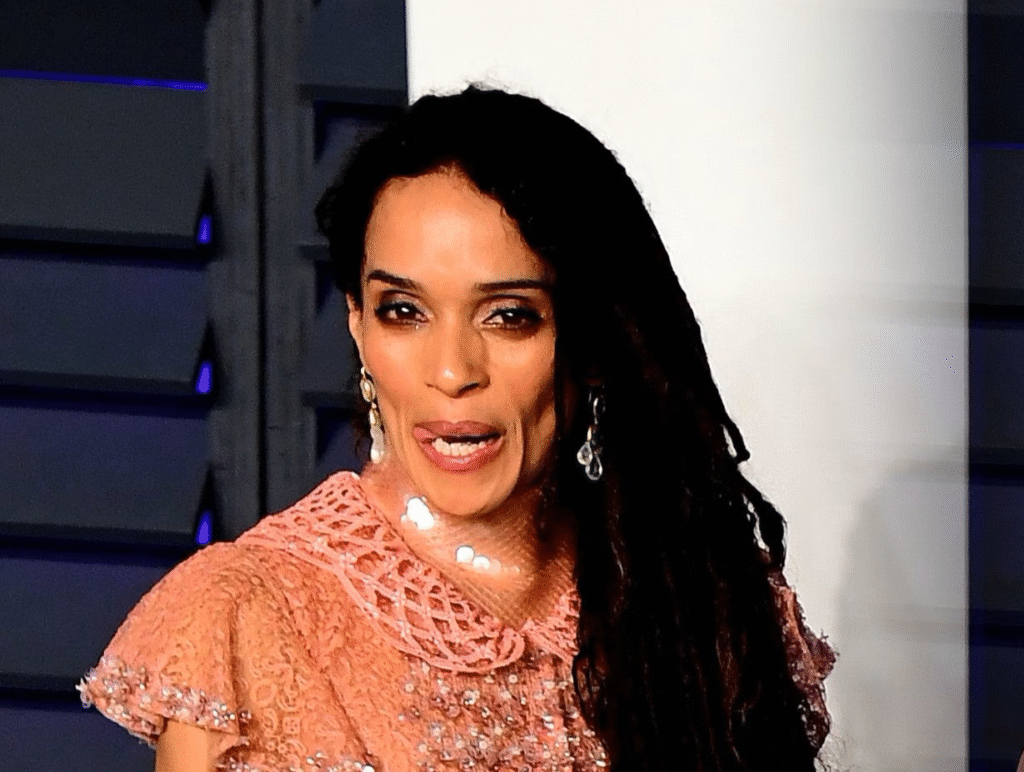
While America was busy embracing Bill Cosby as its favorite TV dad, Bonet was experiencing something altogether different on “The Cosby Show” set. Her descriptions of tense interactions and “unsettling energy” surrounding Cosby weren’t exactly what network executives wanted associated with their family-friendly cash cow. The entertainment press largely dismissed her as difficult, rebellious, or ungrateful.
Fast forward to 2018, and Bonet’s early warnings look less like the complaints of a difficult actress and more like a canary in the coal mine. Over 60 women eventually came forward with sexual assault allegations against Cosby, leading to his conviction. The entertainment industry that once punished Bonet for not playing along with the approved narrative now faces uncomfortable questions about who else was silenced while predators operated in plain sight. Her career took hits that were unnecessary and unfair—all for sensing something the rest of us wouldn’t acknowledge for decades. If you enjoy reading about controversy, then you might find the stories behind these 25 musicians very entertaining.




